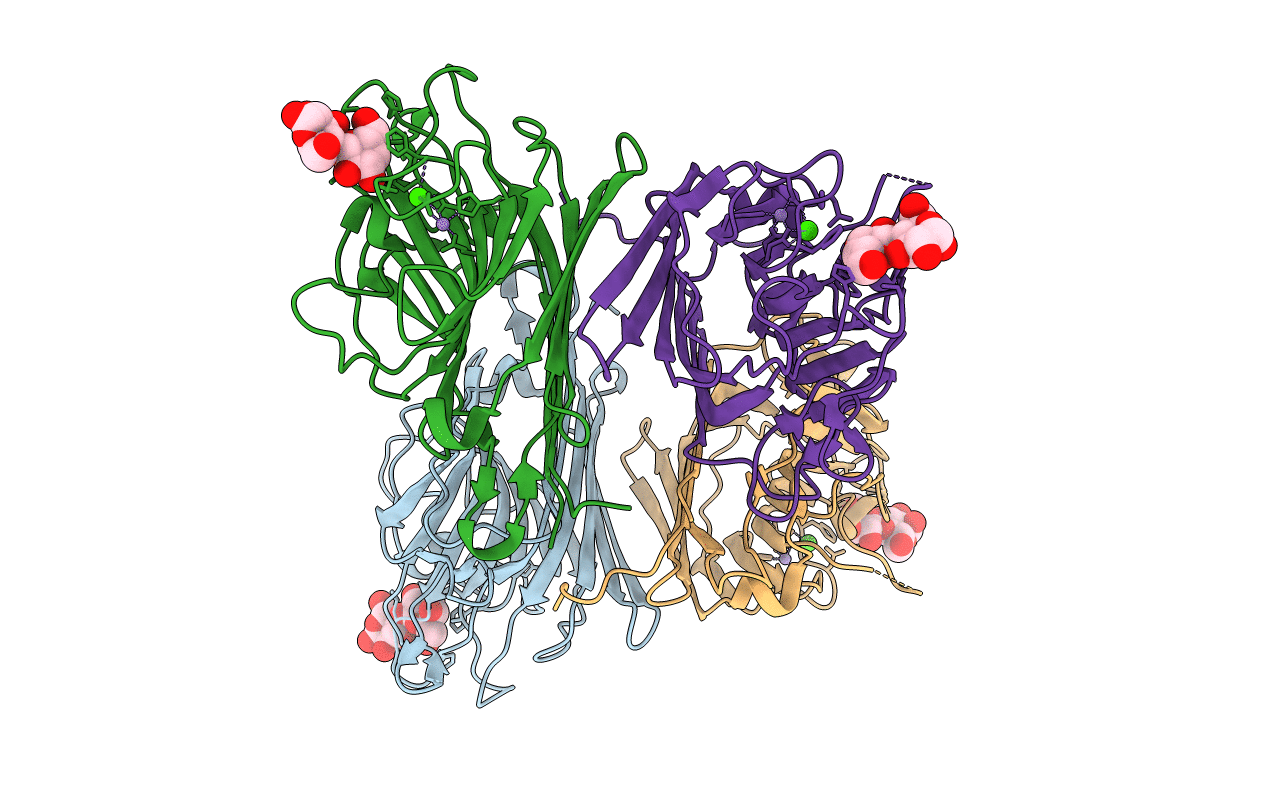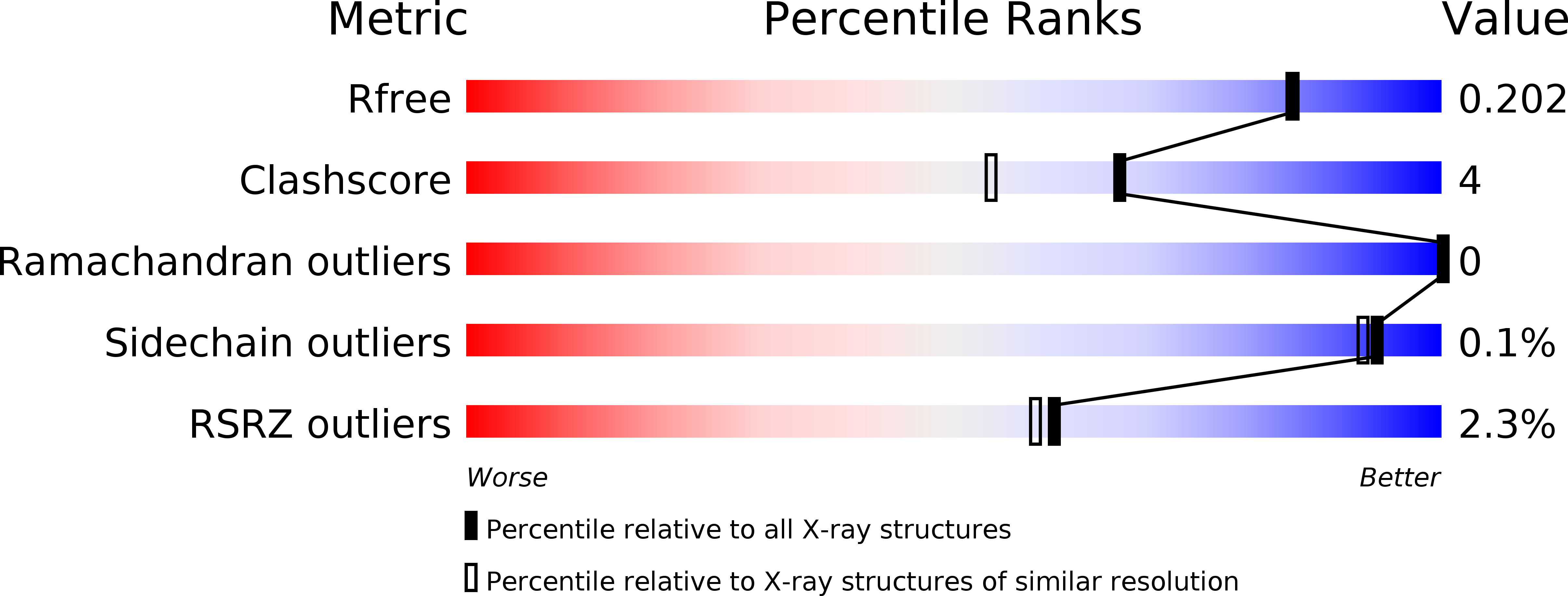
Deposition Date
2014-11-04
Release Date
2016-01-27
Last Version Date
2024-01-10
Entry Detail
PDB ID:
4WV8
Keywords:
Title:
Crystal structure of a recombinant Vatairea macrocarpa seed lectin complexed with lactose
Biological Source:
Source Organism(s):
Vatairea macrocarpa (Taxon ID: 77050)
Expression System(s):
Method Details:
Experimental Method:
Resolution:
1.83 Å
R-Value Free:
0.19
R-Value Work:
0.15
R-Value Observed:
0.15
Space Group:
C 1 2 1


